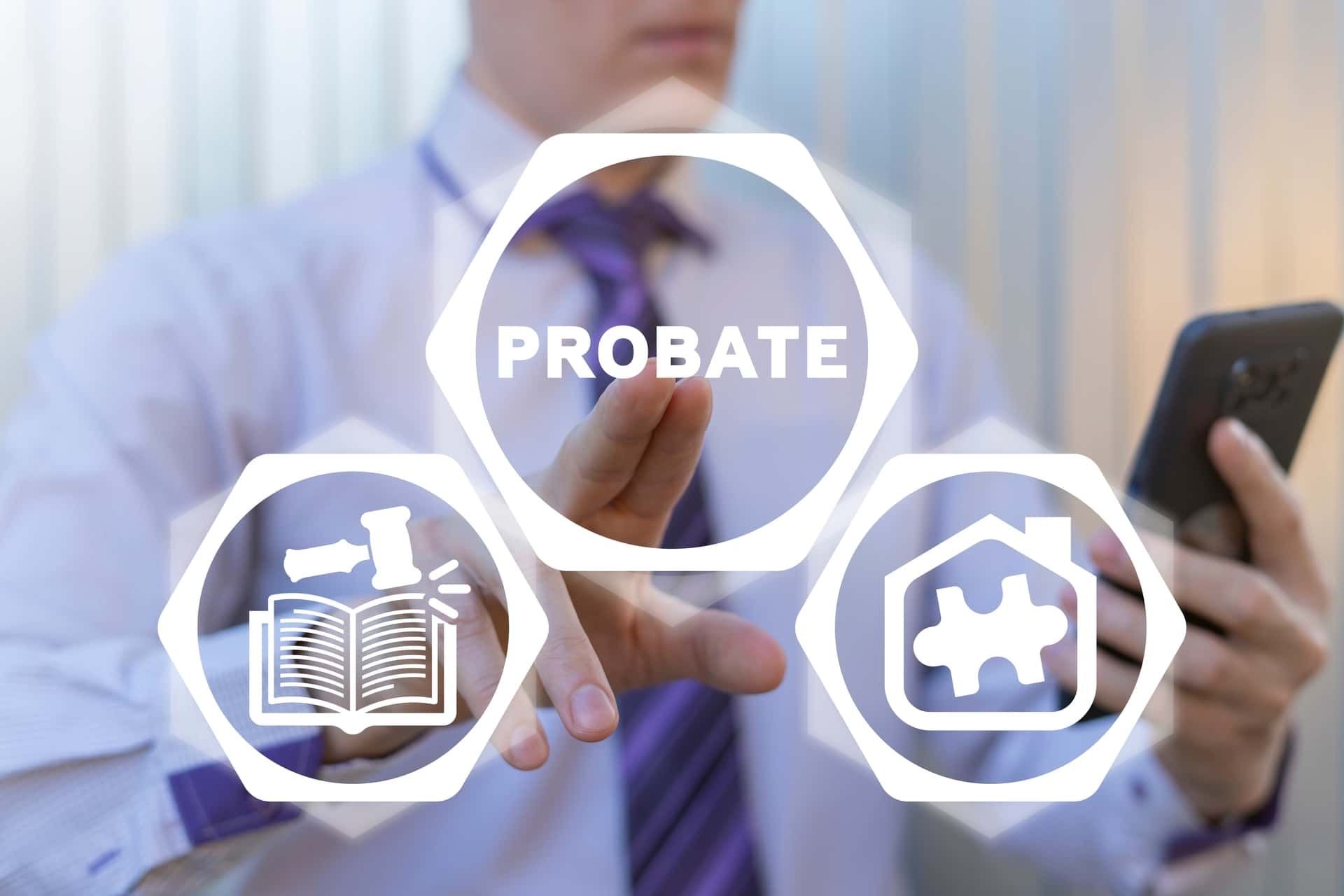A Comprehensive Guide to Filing a Self-Proving Affidavit in Florida
Filing a self-proving affidavit in Florida can be an intimidating process. It requires you to make sure all the paperwork is in order and that every detail is accounted for.
Fortunately, this comprehensive guide provides you with a step-by-step approach to filing a self-proving affidavit. We’ll explain why this document is important, what it entails and how to complete the paperwork.
From assembling the right documents to each needed in the filing process, this guide has you covered. So let’s get started!
What Is a Self-Proving Affidavit?
A self-proving affidavit is a document certifying that a will or other testamentary document was signed and witnessed in compliance with Florida law. It is vital that this document be filed in order for a will to pass probate without any further proof of legitimacy. This is an important step in the process of administering a deceased person’s estate and should not be taken lightly.
Why Do I Need One?
In Florida, a will must be signed and witnessed by two persons in order to be admitted to probate. Without a self-proving affidavit, the witnesses must appear in court and testify that they were present and saw when the testator signed the will. This can add significant time and expense to the process of settling an estate. By filing a self-proving affidavit, you can ensure that the will is admitted to probate quickly and with minimal hassle.
How Do I File a Self-Proving Affidavit?
In this section, we’ll cover the steps you need to take in order to properly file a self-proving affidavit. If you need assistance at any point, you can consult a lawyer or an estate planning specialist.
Step 1: Gather the Necessary Documents
Before you can file a self-proving affidavit, you’ll need to assemble all of the documents associated with the will. This includes the original will, any codicils, and the written acknowledgment of witnesses. These documents must be in good condition and as complete as possible.
Step 2: Prepare the Affidavit
Next, you’ll need to prepare the self-proving affidavit. This document should include all of the information required by Florida law, including the names and addresses of the witnesses, their acknowledgment that they witnessed the signing of the will, and a notarized signature from each witness.
Step 3: File the Affidavit
Once the self-proving affidavit is completed, it must be filed with the probate court in the county where the deceased resided. The filing fee varies by county, so you should contact your local court to determine the exact amount. Once you’ve paid the fee, you can submit the affidavit to the court.
Step 4: Follow Up
The last step is to follow up with the court to ensure that the self-proving affidavit has been accepted and filed correctly. The clerk of court should be able to provide you with confirmation that your document has been properly processed.
What Is Required to File a Self-Proving Affidavit in Florida?
To file a self-proving affidavit in Florida, you will need to gather the following documents:
1. The signed and witnessed will of the deceased
2. The death certificate of the testator
3. A self-proving affidavit form (available from most clerk’s offices)
4. Two witnesses who are unrelated to each other or to the estate
In addition, you will need to make sure that all of the paperwork is correctly filled out and notarized. Once you have all of your documents in order, you can file them with the clerk of court in the county where the deceased resided.
Additional Factors to Consider
It’s important to note that a self-proving affidavit is usually not necessary if the will was signed in front of two witnesses who are related or affiliated with the estate. In these cases, the witness statements may be enough to establish the validity of the will without additional paperwork.
However, it’s always a good idea to file a self-proving affidavit when possible, as it can streamline the probate process and ensure that your loved one’s wishes are carried out quickly and correctly.
Why Hire an Attorney?
An experienced attorney can help you navigate the probate process and make sure that your loved one’s estate is settled in accordance with Florida law. An attorney can also advise you on any additional documents or paperwork that may be needed to file a self-proving affidavit, as well as answer any questions you might have about the process.
By consulting with an attorney, you can ensure that your loved one’s estate is handled correctly and efficiently. Moreover, an attorney can provide invaluable advice and guidance to help you make the best decisions for your family.
If you’re at all confused or unsure about how to file a self-proving affidavit in Florida, it’s best to contact an attorney or an
estate planning specialist for assistance.
Closing Remarks
Filing a self-proving affidavit in Florida is an important step in the process of administering a deceased person’s estate. By following this comprehensive guide, you can ensure that all of the paperwork is properly completed and that the will is admitted to probate quickly and efficiently.
Contact The Law Offices of Mary King if You Need to File a Self-Proving Affidavit in Florida
If you need assistance filing a self-proving affidavit in Florida, The
Law Offices of Mary King can help. Mary has years of experience handling wills, trusts, and estates and can provide invaluable guidance throughout the probate process.
Whether you’re looking for advice on filing a self-proving affidavit or need help administering your loved one’s estate, Mary and her team can provide the knowledgeable and compassionate service you need. Contact The Law Offices of Mary King today to learn more about our services.
We’ll be happy to answer any questions you might have and help ensure that your loved one’s wishes are honored as per their will.
Contact us today at
941-906-7585 to learn more about what we can do for you.
The information in this blog post is for reference only and not legal advice. As such, you should not decide whether to contact a lawyer based on the information in this blog post. Moreover, there is no lawyer-client relationship resulting from this blog post, nor should any such relationship be implied. If you need legal counsel, please consult a lawyer licensed to practice in your jurisdiction.
Disclaimer: The information on this website and blog is for general informational purposes only and is not professional advice. We make no guarantees of accuracy or completeness. We disclaim all liability for errors, omissions, or reliance on this content. Always consult a qualified professional for specific guidance.
RECENT POSTS
CONTACT US






